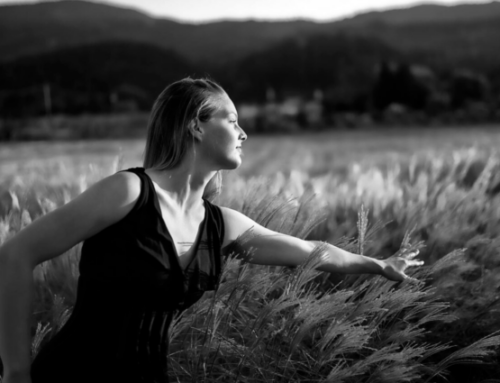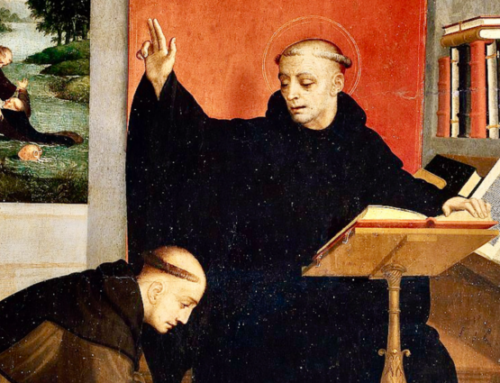 Books and wine and life—all are subjects of deep mystery, deep study, and deep human involvement. And all are subjects deeply implicated in liberal education.
Books and wine and life—all are subjects of deep mystery, deep study, and deep human involvement. And all are subjects deeply implicated in liberal education.
The connection between liberal education and the trio of books, wine, and life was apparent this past weekend, as St. John’s College in Annapolis hosted its fifth annual wine-tasting event. In Vino Veritas 2015 featured a number of the College’s alumni winemakers. On Friday evening, a panel of world-renowned vintners treated participants to a tasting of the wines that had inspired them in their winemaking and the wines they then produced as a result of that inspiration, followed by a dinner of exquisite food preparations paired with their finest wines made today—all sprinkled with conversation about winemaking and the winemakers themselves. Even the food was prepared by a caterer who is a St. John’s College alumna, Harriet Dopkin of The Classic Catering People. The following day featured a Grand Tasting of more than 100 wines from around the world, including St. John’s College alumni August Deimel of Keuka Spring Vineyards and Grayson Hartley of David Girard Vineyards.
The vintners on the Friday evening panel were Warren Winiarski, founder of Stag’s Leap Wine Cellars; Larry Turley, founder of Turley Wine Cellars; John Williams, co-founder (with Mr. Turley) of Frog’s Leap Winery; Zach Rasmusen, Chief Operating Officer of Duckhorn Wine Company; and Rory Williams, founder of Calder Wine Company. The panel was moderated by Abe Schoener, founder of The Scholium Project, who has himself developed something of a cult following for his highly idiosyncratic vintages. All of them are St. John’s alumni of one or the other of the College’s two campuses in Annapolis, MD and Santa Fe, NM, except John Williams, who is the parent of an alumnus.
St. John’s, you see, is known for its visionary winemakers. Mr. Winiarski, for instance, the dean of St. John’s vintners, produced the first American red wine to outscore French reds and take first place at a French tasting in 1976. The event, known as the Judgment of Paris, was a sensation in the wine world, stirred up much controversy, and has even been the subject of two films. A bottle of the Cabernet Sauvignon that won that tasting is now on display in the Smithsonian National Museum of American History.
But why, the panelists were asked, are there so many fine winemakers among this College’s alumni? There seemed to be several answers.
Johnnies are readers and truth seekers. They study some of the greatest literature from several civilizations to understand what it means to be human, what makes friendship and human society, what sources of truth may lie outside reason and in the realm of religion and ritual, what may connect them with the divinity within them and above them, and what may be the economic and social engines of society. Wine has played a role in all of this. The history of winemaking reflects the history of mankind.
Another reason may be that winemaking is a high art form. At the panel discussion, Mr. Winiarski spoke of the aspiration to make a wine that was complete, whole, and unified. A great wine, he said, depends on structure and balance, not just nose and taste. In that, great wines are like all great works of fine art, literature, and music. They belong wholly to their creators, who had a unity of purpose in the fashioning, and a completeness in the accomplishing. The resulting work has its own integrity, needing nothing from without for its completeness.
Yet another reason may be that winemaking is a science, and nearly half of our students’ studies are in science and math. Master winemakers must discover the natural properties of land, terrain, and soil, the weather conditions, the biology of the fruit, and the chemistry of fermentation. They must be talented at experimentation. And they must be serious about investigating, about imagining new possibilities, about trying new techniques, about asking new questions.
This asking of questions brings me to one last reason: the empowering effect of a liberal education. Their studies encouraged a spirit of inquiry that helped them transcend the conventions of winemaking; encouraged a respect for mystery that serves them well in dealing with the mysteries of earth and weather; encouraged a trust in themselves that allows them not to rely too much on experts. As students, they learned to take risks; they learned not to be satisfied with easy answers; they learned to deal directly with elements and elemental things; they learned to be open to all kinds of learning, and to be open to ideas that come from anywhere.
So among the many advantages of liberal education, let’s not forget this one: it produces some great wine!
Republished with gracious permission from St. John’s College SignPosts for Liberal Education. (March 2015)
The Imaginative Conservative applies the principle of appreciation to the discussion of culture and politics—we approach dialogue with magnanimity rather than with mere civility. Will you help us remain a refreshing oasis in the increasingly contentious arena of modern discourse? Please consider donating now.
The featured image is by Alex Berger and is licensed under Creative Commons 2.0.







Leave A Comment